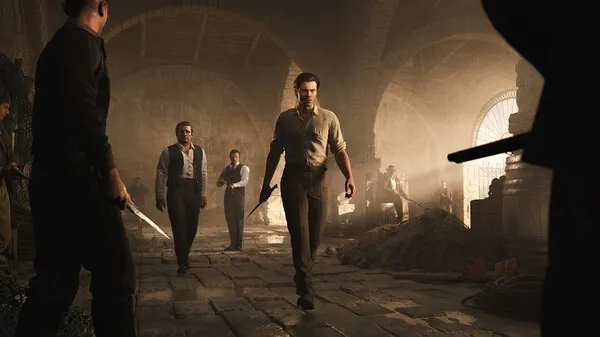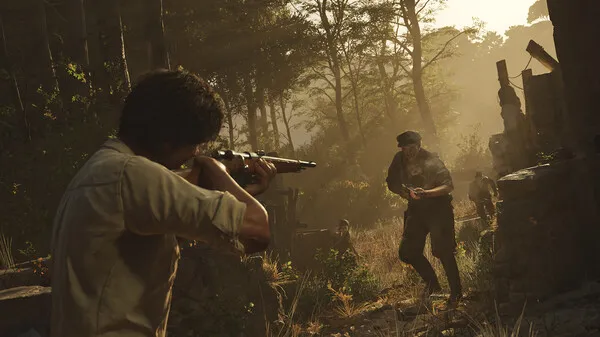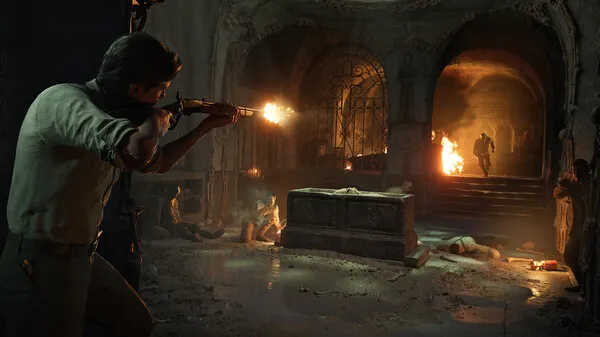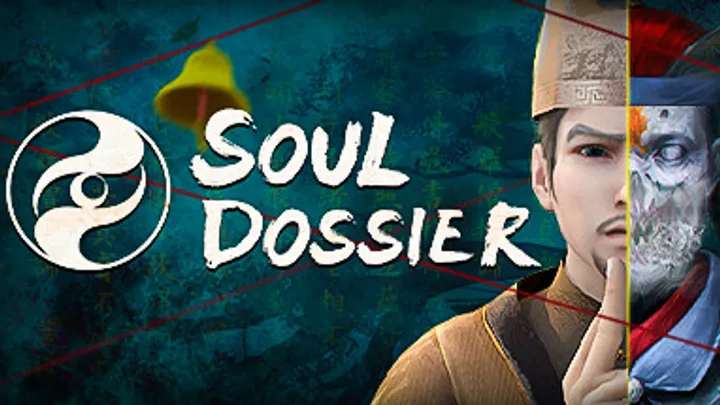Mafia: The Old Country is not just another crime-based action-adventure. It is a carefully designed experience that blends historical authenticity with mafia traditions, forcing players to balance loyalty, survival, and ambition. For newcomers and veterans alike, the game demands strategy, patience, and understanding of how its mechanics, codes, and storylines interact. This guide provides a step-by-step “how to” approach to navigating the complex world of Mafia: The Old Country, showing you how to survive, grow in influence, and ultimately carve your place in the family hierarchy.
How to Understand the Code of Loyalty
One of the first lessons the game teaches is that loyalty is currency. To progress, players must learn how loyalty works within missions and family interactions. The family code is not optional—it is enforced through dialogue, choices, and consequences.
Always prioritize actions that strengthen your standing with the family elders. Early missions may seem simple, like collecting debts or protecting allies, but they set the tone for your reputation. Breaking the code early will cut off valuable resources and alliances, so the key is to follow tradition until you have built enough power to shape your own path.
How to Build Trust with Family Elders
The elders hold the keys to progression, weapons, and influence. To gain their trust, players must complete missions efficiently and respect tradition. Simple acts like attending family dinners or partaking in symbolic rituals affect how the elders perceive you.
Trust-building goes beyond combat. Dialogues, choices of words, and even sparing certain NPCs matter. Treat every elder with respect, and use their wisdom to gain advantages later in the game. Once their trust is secured, you’ll unlock more challenging missions that test your strategic mind rather than brute strength.

How to Handle Early Missions Strategically
Early missions in Mafia: The Old Country act as tutorials in disguise. Players should focus on learning mechanics like driving, stealth, and combat timing. These are not just technical skills—they reflect how well you can blend into the mafia world.
Strategically, always scout areas before engaging enemies. The game rewards patience. Use alleyways, rooftops, and back routes rather than charging into gunfire. Many players fail early by underestimating stealth and overvaluing aggression. Think like a strategist, not just a hitman.
How to Balance Morality and Obedience
A unique challenge in the game is morality versus obedience. Missions often place you in situations where following orders means harming innocents or betraying personal values. The key is knowing when to obey and when to bend the rules.
Making a morally difficult choice may weaken your standing with the family but could earn long-term allies. On the other hand, blind obedience secures short-term trust but risks future complications. Players must balance morality and obedience depending on their desired ending path.
How to Deal with Betrayal and Suspicion
Mid-game introduces betrayal—friends turn against you, allies vanish, and suspicion spreads through the family. Surviving this requires careful observation and decision-making. Listen to conversations, monitor who trusts you, and identify weak links before they strike.
When betrayal is inevitable, prepare backup plans. Keep secondary allies outside the family, stash resources in hidden locations, and ensure escape routes during missions. These precautions often make the difference between survival and downfall.

How to Navigate Generational Conflict
One of the most interesting aspects is the conflict between old traditions and new ambitions. Elders cling to the past, while younger members push for innovation. Players must decide whether to side with tradition or embrace change.
Generational conflict plays out in missions where you either support elder authority or empower younger, rebellious figures. Each choice shapes the story’s direction. To succeed, align your decisions with your long-term goals. If you seek stable power, respect tradition. If you want independence, support the younger visionaries.
How to Maximize Resources and Power
Resources like safe houses, weapons, and political allies are limited. Learning how to manage them effectively is critical. Always diversify your resources—don’t rely solely on family support. Build outside connections with corrupt officials, businessmen, or rival gangs.
Weapons should be chosen strategically. For stealth missions, silencers and knives are more useful than heavy artillery. For large confrontations, prepare automatic rifles and explosives. Resource allocation separates skilled players from reckless ones.
How to Master Rituals and Symbolism
Mafia: The Old Country uses rituals—blood oaths, feasts, family councils—as narrative anchors. Understanding and respecting these rituals strengthens immersion and influence. For example, failing to attend a family dinner may lead to suspicion, while participating enhances your bonds.
Players should not underestimate these symbolic moments. They affect morale, reputation, and sometimes unlock hidden missions. Pay attention to rituals—they are not filler, but crucial elements in maintaining your status.

How to Survive the Climax of Loyalty
The climax of the game revolves around breaking or upholding loyalty. This is where your earlier decisions converge. If you’ve built trust and played obediently, you may inherit power but feel chained to tradition. If you’ve rebelled, you may gain freedom but face exile and danger.
To survive the climax, prepare emotionally and strategically. The best strategy is to keep backup allies and resources regardless of your chosen path. Expect betrayal, and embrace the reality that loyalty always comes with sacrifice.
How to Accept the Cost of Your Choices
The resolution of Mafia: The Old Country emphasizes that there is no perfect ending. Whether you remain loyal or break free, you will pay a cost. Family loyalty may give you the throne but rob you of peace. Rebellion may offer independence but isolate you from everything you built.
The key lesson is that every choice carries consequences. Learn to accept them and reflect on your journey. The game is designed not for perfection but for immersion in the cost of survival in a world bound by tradition.
Conclusion
Mafia: The Old Country thrives because it immerses players in the struggle between survival, loyalty, and ambition. By learning how to follow traditions, build trust, navigate betrayals, and balance morality with obedience, players experience more than just a mafia storyline—they live the dilemma of being torn between family and freedom. This guide has walked through the key “how to” strategies for thriving in the Old Country, where power comes at a price and every choice echoes through legacy.

















